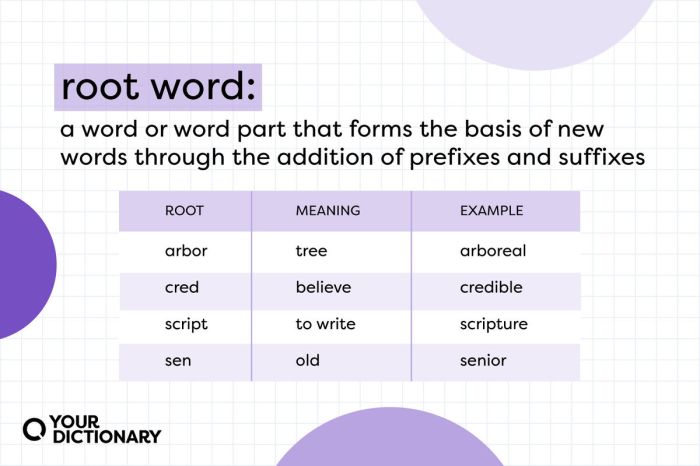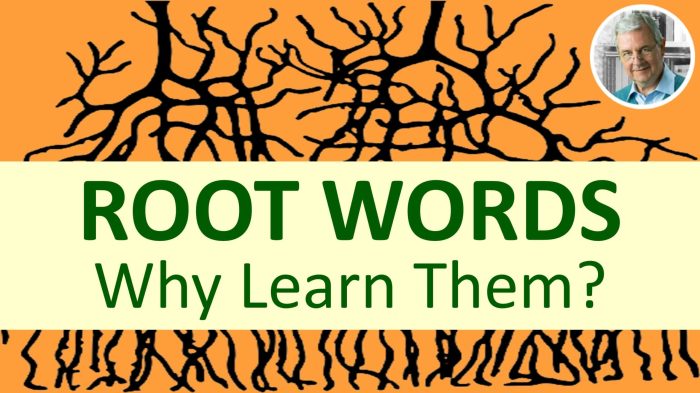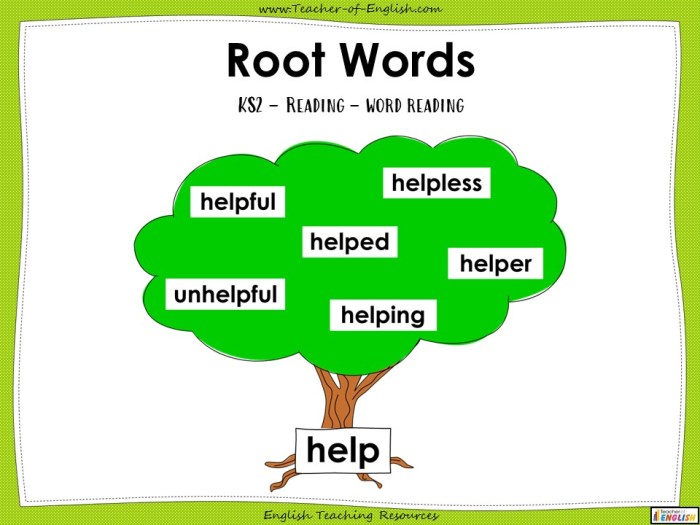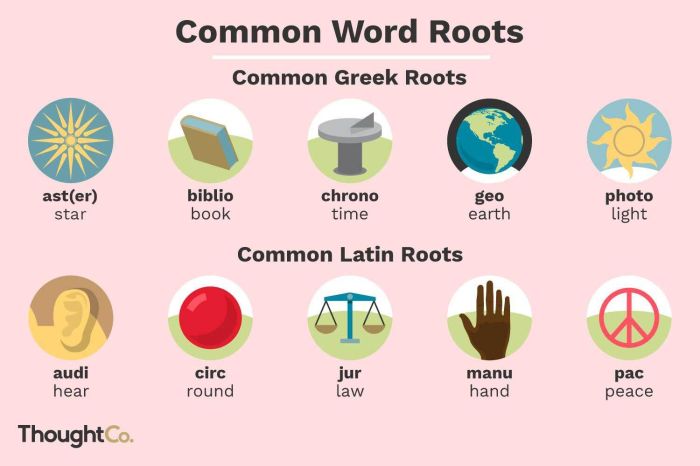Words with the word root dorm – Words with the word root ‘dorm’ embark on a captivating journey, exploring the depths of sleep, rest, and inactivity. From the Latin ‘dormire,’ meaning ‘to sleep,’ this root weaves its way into our language, painting a vivid tapestry of slumber and repose.
Delving into the etymology of ‘dormire,’ we discover its profound connection to the very essence of sleep. Words like ‘dormitory,’ ‘dormant,’ and ‘dormancy’ emerge, each carrying a distinct shade of meaning within the realm of slumber and stillness.
Dormire

The Latin verb “dormire” means “to sleep.” It is the origin of many English words related to sleep, such as “dormitory,” “dormant,” and “dormition.”
Etymology
The word “dormire” is derived from the Proto-Indo-European root -der-m, which also means “to sleep.” This root is also found in other Indo-European languages, such as Greek (δέρμω, dermō), Sanskrit (दृमी, drmī), and Old Irish (druim).
Relationship to Sleep
The word “dormire” is closely related to the concept of sleep. In fact, the word “sleep” itself is derived from the Old English word “slæp,” which is cognate with the Latin word “sopor,” meaning “deep sleep.” This suggests that the concept of sleep has been a part of human consciousness for thousands of years.
Dormitory

A dormitory, often abbreviated as dorm, is a building that provides housing for large numbers of people, typically students or workers. Dormitories are commonly found on college and university campuses, as well as at boarding schools, military bases, and other institutions.
Words with the word root dorm, like dormitory and dormant, often relate to sleep or rest. For a different take on the theme of “dorm,” check out this page on uncut film sequence 4 letters . While not directly related to the concept of “dorm,” it still offers a captivating exploration of cinematic techniques.
Returning to our original topic, words with the word root dorm continue to fascinate with their sleep-related meanings.
The history of dormitories can be traced back to ancient times. In ancient Greece, for example, dormitories were used to house students at the Academy in Athens. In the Middle Ages, dormitories were common in monasteries and universities. In the 19th century, dormitories began to be built on college campuses in the United States, and they have since become a standard feature of American higher education.
Types of Dormitories
There are many different types of dormitories, each with its own unique features and amenities. Some of the most common types of dormitories include:
- Traditional dormitoriesare typically large buildings that house hundreds or even thousands of students. These dormitories typically have shared bathrooms and common areas, and they may also offer amenities such as laundry facilities, dining halls, and fitness centers.
- Suite-style dormitoriesare smaller than traditional dormitories, and they typically house a smaller number of students. Suite-style dormitories typically have private bathrooms and common areas, and they may also offer amenities such as kitchens and living rooms.
- Apartment-style dormitoriesare the most private type of dormitory. These dormitories typically have private bedrooms and bathrooms, and they may also offer amenities such as kitchens and living rooms.
Advantages and Disadvantages of Living in a Dormitory
There are many advantages to living in a dormitory. Some of the most common advantages include:
- Convenience: Dormitories are typically located on or near campus, which makes it easy for students to attend classes, participate in extracurricular activities, and access other campus resources.
- Affordability: Dormitories are typically more affordable than other types of off-campus housing, such as apartments or houses.
- Socialization: Dormitories provide students with the opportunity to meet and interact with other students, which can help them to develop friendships and build a sense of community.
However, there are also some disadvantages to living in a dormitory. Some of the most common disadvantages include:
- Lack of privacy: Dormitories are typically shared spaces, which means that students may not have much privacy.
- Noise: Dormitories can be noisy, especially at night. This can make it difficult for students to study or sleep.
- Restrictions: Dormitories typically have rules and regulations that students must follow. These rules may restrict students’ freedom and independence.
Dormant

Dormant originates from the Latin word “dormire,” meaning “to sleep.” It refers to a state of inactivity, suspension, or latency.
Derived Words, Words with the word root dorm
Words derived from “dormant” include:
- Dormancy: A period of inactivity or suspension.
- Dormition: A state of sleep or rest, especially in religious contexts.
- Dormant account: A bank account that is inactive or has low activity.
- Dormant volcano: A volcano that is not currently erupting but has the potential to do so in the future.
Meanings and Usage
Dormant has several meanings and is used in various contexts:
- Inactive or Suspended:Dormant can describe a state of inactivity or suspension. For example, a dormant volcano is not currently erupting.
- Latent or Potential:Dormant can also refer to something that is latent or has the potential to become active in the future. For example, a dormant account can become active if the account holder makes a deposit.
- Temporary Inactivity:Dormant can describe a temporary state of inactivity. For example, a dormant seed will germinate when conditions are favorable.
- Sleep or Rest:In religious contexts, dormant can refer to a state of sleep or rest, particularly in reference to the death of a saint.
Dormancy

Dormancy is a state of reduced metabolic activity in an organism. It is a survival strategy that allows organisms to withstand unfavorable environmental conditions, such as extreme temperatures, lack of water, or lack of food. Dormancy can occur in plants, animals, and even some microorganisms.During
dormancy, an organism’s metabolic rate slows down, and its body temperature may decrease. The organism may also enter a state of suspended animation, in which all bodily functions are temporarily halted. Dormancy can last for days, months, or even years, depending on the organism and the environmental conditions.
Types of Dormancy
There are different types of dormancy, each triggered by different environmental cues.
- Seed Dormancy:Seed dormancy is a state of inactivity in which a seed does not germinate even when conditions are favorable. Seed dormancy is triggered by a variety of factors, including the presence of inhibitors in the seed coat, the absence of light, or the lack of water.
- Bud Dormancy:Bud dormancy is a state of inactivity in which a plant’s buds do not grow or develop. Bud dormancy is triggered by a variety of factors, including the length of day, the temperature, and the presence of hormones.
- Hibernation:Hibernation is a state of dormancy in which animals enter a deep sleep during the winter months. During hibernation, an animal’s body temperature decreases, its heart rate slows down, and its breathing becomes shallow. Hibernation is triggered by the decreasing length of day and the decreasing temperature.
- Estivation:Estivation is a state of dormancy in which animals enter a deep sleep during the summer months. During estivation, an animal’s body temperature increases, its heart rate slows down, and its breathing becomes shallow. Estivation is triggered by the increasing length of day and the increasing temperature.
Importance of Dormancy
Dormancy is an important survival strategy for many organisms. It allows them to withstand unfavorable environmental conditions and to conserve energy. Dormancy is also important for the life cycles of many organisms. For example, seeds must undergo a period of dormancy before they can germinate.
This ensures that seeds do not germinate during unfavorable conditions, such as the winter months.Dormancy is a complex process that is controlled by a variety of genes and environmental cues. The study of dormancy is important for understanding the survival strategies of organisms and for developing new ways to protect crops and other plants from damage.
Dormition: Words With The Word Root Dorm

Dormition refers to the passing away or death of the Virgin Mary, which is a significant event in Christian tradition. The term originates from the Latin word “dormitio,” meaning “sleep,” and is used to describe Mary’s peaceful and tranquil passing.
Religious Significance
In various Christian denominations, the dormition of Mary holds great religious importance. Catholics believe that Mary was assumed into heaven, both body and soul, at the end of her earthly life. This belief is based on the apocryphal text known as the Dormition of Mary, which describes Mary’s death and assumption into heaven.
Eastern Orthodox Christians, on the other hand, believe that Mary died a natural death and that her body was resurrected three days later, before being assumed into heaven.
Artistic Depictions
Dormition has been a popular subject in Christian art throughout history. Depictions often portray Mary lying on a bed or couch, surrounded by the apostles and other figures. In some representations, angels are present, carrying Mary’s soul to heaven. The Dormition of the Virgin by Caravaggio, painted in 1606, is a well-known example of this theme.
Literary References
Dormition has also been a source of inspiration for literature. In Dante’s Divine Comedy, Mary is described as being crowned in heaven, surrounded by angels and saints. In William Blake’s poem “Auguries of Innocence,” the dormition of Mary is mentioned as a symbol of hope and renewal.
Questions Often Asked
What is the origin of the word ‘dormire’?
The word ‘dormire’ originates from the Latin verb ‘dormire,’ meaning ‘to sleep.’
What are some examples of words derived from ‘dormire’?
Examples of words derived from ‘dormire’ include ‘dormitory,’ ‘dormant,’ and ‘dormancy.’
What is the significance of ‘dormition’ in religious contexts?
‘Dormition’ holds religious significance in various cultures, often referring to the death or assumption of a holy figure into heaven.